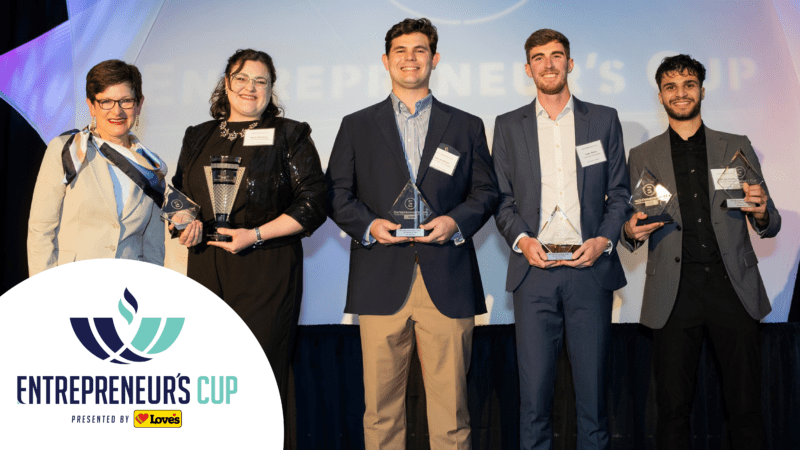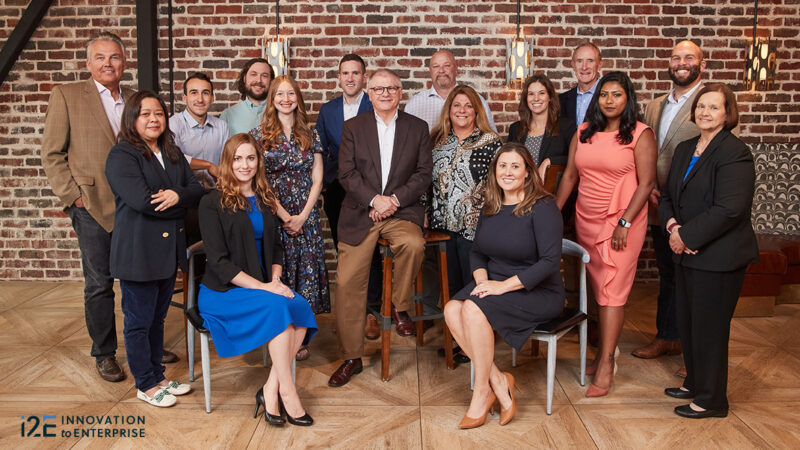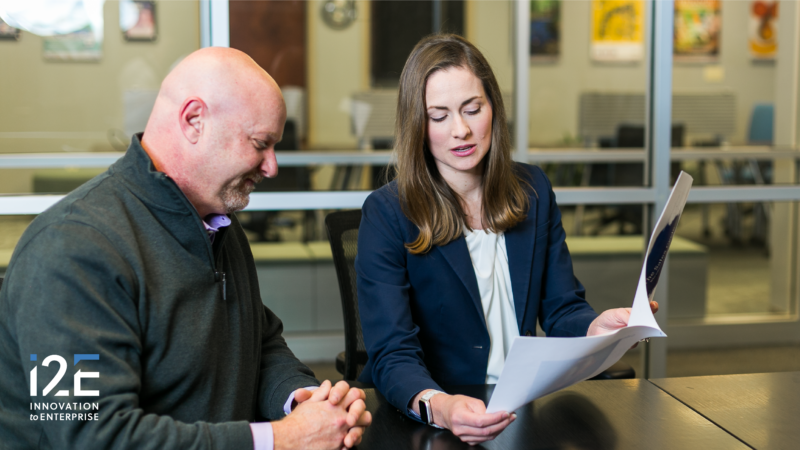By Scott Meacham
Copyright © 2017, The Oklahoma Publishing Co.
Both Oklahoma City (No. 1) and Tulsa (No. 4) ranked in the top five in WalletHub’s 2017 list of Best Large Cities to Start a Business.
The WalletHub ranking evaluated 150 cities based on metrics that truly impact the spread of innovation in a state: business environment, access to resources and business costs. Measurements included number of new company starts, revenue growth, five-year survivals, industry diversity, venture investment and talent.
Our performance against these measures reaffirms that the underlying fundamentals in our state’s two largest cities are inviting to people who want to start businesses.
In a recent report on Oklahoma City’s Innovation District, the Brookings Institution calls out disruption in energy and health care — two of Oklahoma’s largest economic clusters — an “unprecedented opportunity” for Oklahoma “to vault ahead of its peers” to expand into what Brookings describes as a “new convergence economy.”
Naturally, there are challenges. One of those is ensuring that our state’s workforce is prepared for future jobs. And that connects to compelling news from Tulsa.
The George Kaiser Family Foundation, seeking to bring coding education to Tulsa, reached out to Coding Dojo, an intense coding boot camp that up until now had locations only in Silicon Valley and other tech-heavy areas, where the startup culture is huge and there is a proven demand for computer programmers.
After meeting with government and business leaders in Tulsa, Coding Dojo received so much enthusiasm and interest that Tulsa will become Coding Dojo’s first mid-sized metro location. The Coding Dojo campus opens in September at 36 Degrees North. (www.codingdojo.com/tulsa).
Virtually anyone who is dedicated and willing to work is a candidate for Coding Dojo. There’s an application process, but no specific experience, not even a high school diploma or GED, is required. Think of the school as an intense 14-week trade school for programming that leverages the career opportunity that coding represents; more than 30 percent of students report no previous coding experience.
The company says that within 180 days of successfully completing 60- to 80-hour work weeks of full-time classwork, homework, projects and studying, about 90 percent of job-seeking Coding Dojo graduates get technology-related jobs.
It takes all kinds of initiatives to raise the tide of innovation. More than two-thirds of the programming jobs in the U.S. are at non-tech companies. There are hundreds of opportunities in every sector of Oklahoma’s economy for people with coding skills — from Oklahoma City’s emerging innovation district to the growing concentration of information technology companies in Tulsa.
As Coding Dojo reports, an individual can learn enough to get an entry level position within few weeks or months. Imagine the impact that could have on opportunities in Tulsa, Oklahoma City and the rest of our state.
Scott Meacham is president and CEO of i2E Inc., a nonprofit corporation that mentors many of the state’s technology-based startup companies. i2E receives state appropriations from the Oklahoma Center for the Advancement of Science and Technology and is an integral part of Oklahoma’s Innovation Model. Contact Meacham at [email protected].
Read the story at The Oklahoman online. (subscription required)








